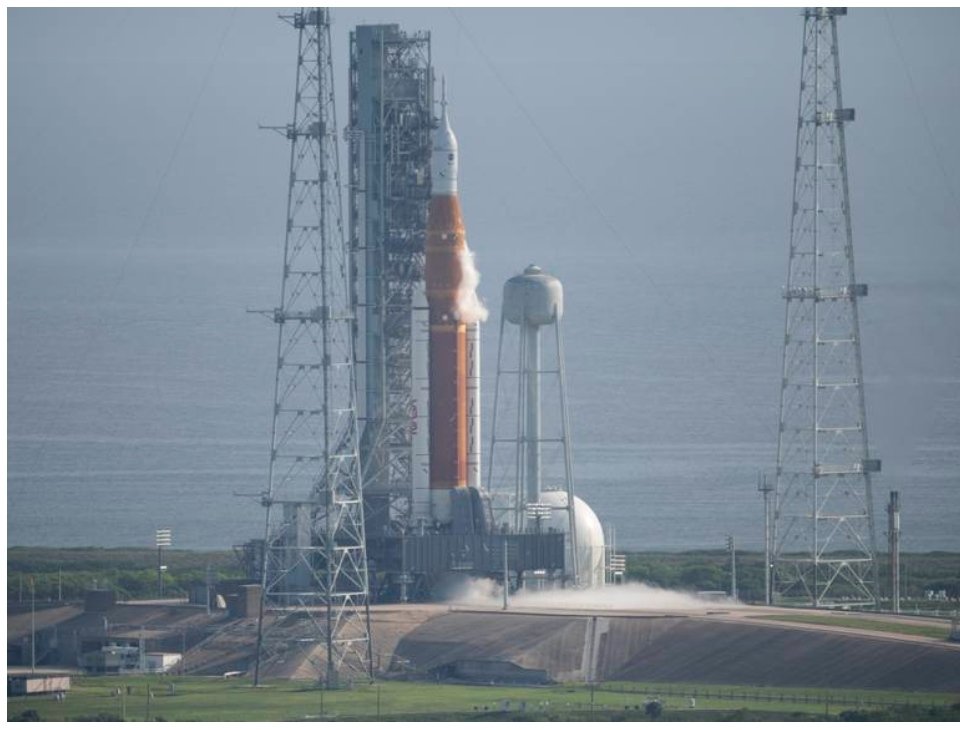Launch of NASA’s newest moon rocket delayed for second time due to dangerous fuel leak

The launch of NASA’s newest moon rocket had to be postponed again Saturday morning due to a dangerous fuel leak.
“Teams encountered a liquid hydrogen leak while loading the propellant into the core stage of the Space Launch System rocket,” Rachel Kraft, a senior communications specialist with the agency, said in a statement.
“Multiple troubleshooting efforts to address the area of the leak by reseating a seal in the quick disconnect where liquid hydrogen is fed into the rocket did not fix the issue,” she added, noting that engineers are “continuing to gather additional data.”
Artemis I is the first integrated test of NASA’s deep space exploration systems, and includes the Orion spacecraft, the Space Launch System rocket and the ground systems at the agency’s Kennedy Space Center in Florida.
The uncrewed flight test is designed to provide a foundation for human deep space exploration and is seen as a critical test of how the agency’s 322-foot-tall rocket will perform.
The agency was initially forced to reschedule its first mission to the moon in nearly 50 years on Monday after teams noticed that one of the rocket’s four engines wasn’t cooling down to the proper temperature of approximately minus-420 degrees.
Hydrogen fuel escaped from a different part of the rocket during Monday’s launch attempt.
On Saturday, attempts were officially called off at 11:17 a.m. by launch director Charlie Blackwell-Thompson after nearly four hours of efforts.
NASA Administrator Bill Nelson said repair work is needed, which could delay the launch until October.
Artemis — named after the twin sister of Apollo and the goddess of the Moon in Greek mythology — will “demonstrate new technologies, capabilities, and business approaches needed for future exploration including Mars,” according to NASA.
With the hefty price tag of $4.1 billion, Artemis I is the first step in the agency’s Artemis program of renewed lunar exploration.







